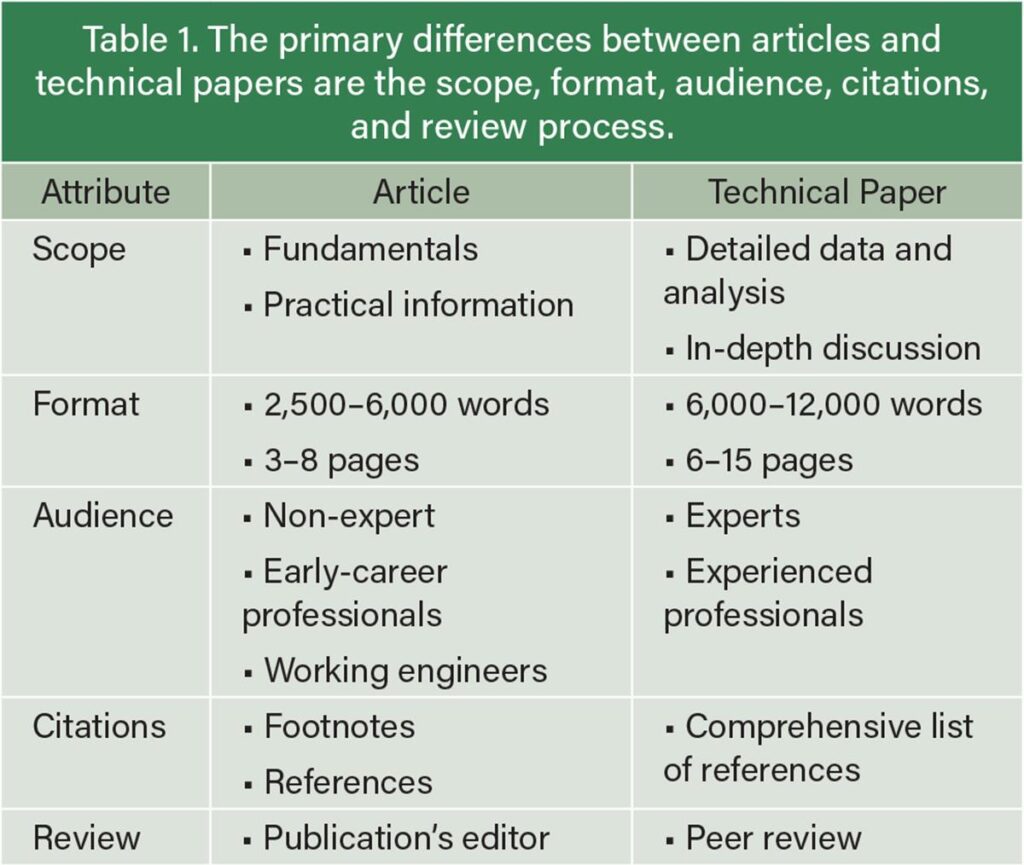Egypt Rises as Russia’s Top African Partner with Nuclear Power at the Core
In a compelling shift within the geopolitical landscape of Africa, Egypt has emerged as Russia’s leading partner on the continent, signaling a deeper collaboration driven by shared interests in energy and security. Central to this burgeoning alliance is the development of nuclear power, positioning Egypt not only as a regional leader in energy production but also as a pivotal player in the strategic dynamics between Russia and African nations. As investments flow into Egypt’s nuclear sector, the implications of this partnership extend beyond mere economic ties, hinting at a broader realignment of alliances and power structures in a rapidly evolving world. Business Insider Africa explores the significance of Egypt’s ascendance and the potential ramifications for the continent and beyond.
Egypt’s Strategic Partnership with Russia: A Nuclear Power Ambition
Egypt is carving out a pivotal role in Africa’s nuclear landscape, cementing its partnership with Russia as the two nations collaborate on a variety of projects aimed at expanding Egypt’s nuclear capabilities. The centerpiece of this strategic alliance is the construction of the El Dabaa Nuclear Power Plant, which is poised to be the first of its kind in the country. This project not only reflects a commitment to boosting Egypt’s energy independence but also positions Russia as a key player in the nation’s ambitious plans to diversify its energy sources. Through this collaboration, Egypt aims to harness the benefits of nuclear energy, enhancing its power generation capacity significantly.
The implications of this partnership extend beyond mere energy production. It encompasses a range of strategic and economic dimensions, such as:
- Technological Transfer: Egypt stands to gain advanced nuclear technologies that will bolster its operational capabilities.
- Investment Opportunities: The partnership paves the way for increased investment, attracting both local and international capital.
- Regional Influence: Egypt’s nuclear endeavors may enhance its standing as a regional power, influencing energy dynamics across Africa.
- Sustainability Goals: By integrating nuclear power, Egypt aims to reduce its carbon footprint, aligning with global sustainability targets.
As the partnership unfolds, it also underscores the shifting geopolitical landscape, where countries are re-evaluating their alliances and energy strategies. In this context, Egypt’s concerted push for nuclear power illustrates its intent to not only modernize its energy infrastructure but also to establish itself as a key player in global nuclear governance. The El Dabaa project is set against a backdrop of regional energy demand pressures and a growing recognition of nuclear power as a viable solution, marking a new era of cooperation between Cairo and Moscow.
Unpacking the Economic and Geopolitical Implications of Nuclear Collaboration
As Egypt embraces its role as a pivotal partner for Russia in Africa, the ramifications of their nuclear collaboration extend beyond mere energy production. This partnership is anticipated to spur significant foreign investment in Egypt’s infrastructure and technology sectors, enhancing the nation’s overall economic landscape. Key economic implications include:
- Increased Job Creation: The development of nuclear facilities will likely generate jobs not only in construction but also in long-term operational capacities.
- Boosted Energy Security: A reliable and sustainable energy source will help stabilize Egypt’s energy supply, fostering conditions favorable for business growth.
- Attracting International Investment: Successful nuclear initiatives could position Egypt as a hub for nuclear technology and expertise in the region.
Geopolitically, Egypt’s strengthened ties with Russia could shift the balance of power within Africa and between Eastern and Western alliances. By aligning more closely with Russia, Egypt may influence various regional dynamics, including:
- Enhanced Diplomatic Leverage: Egypt’s partnership could position it as a mediator in regional conflicts, particularly in the realms of energy and security.
- Potential Friction with Western Nations: As Egypt deepens its ties with Russia, it may face pressures from Western nations concerned about nuclear proliferation and regional stability.
- Broader Economic Alliances: This collaboration could serve as a catalyst for other African nations to explore partnerships with Russia, potentially leading to a shift in economic alliances across the continent.
Recommendations for Strengthening Egypt’s Position in African Energy Markets
To enhance its presence in African energy markets, Egypt should focus on a multi-faceted strategy that leverages its geographical and technological advantages. Developing partnerships with other African nations can amplify regional collaboration, leading to shared resources and expertise. Establishing joint ventures in energy projects is crucial, as it fosters a sense of community and cooperation. Furthermore, initiatives aimed at improving infrastructure, such as power transmission systems and storage facilities, will significantly boost energy distribution efficiency across borders. In addition, Egypt should invest in renewable energy technologies and showcase its advancements in nuclear power to position itself as a leader in sustainable energy solutions within the continent.
Investment in human capital is equally essential. Training programs and knowledge exchange initiatives with other African countries can build a skilled workforce capable of supporting advanced energy technologies. Promoting energy innovation through technology incubators and fostering public-private partnerships will encourage the development of homegrown solutions tailored for local markets. Engaging in regional energy forums to share best practices and facilitate dialogue among stakeholders will further strengthen Egypt’s stance. By fostering an inclusive approach and prioritizing collaborative efforts, Egypt can secure a pivotal role in Africa’s evolving energy landscape.
Key Takeaways
In conclusion, Egypt’s emergence as Russia’s foremost partner in Africa, particularly in the realm of nuclear energy, marks a significant shift in the geopolitical landscape of the continent. As both nations collaborate to enhance Egypt’s nuclear capabilities, the implications extend beyond mere energy production; they signify a strengthening of bilateral ties that could influence regional stability and economic development. With ambitious plans for nuclear infrastructure at the forefront, Egypt is poised to leverage this partnership to bolster its own energy security while positioning itself as a leader in Africa’s emerging nuclear landscape. As this relationship evolves, the international community will no doubt be watching closely, given the potential ramifications for energy policy, economic growth, and geopolitical alliances across the African continent and beyond.

